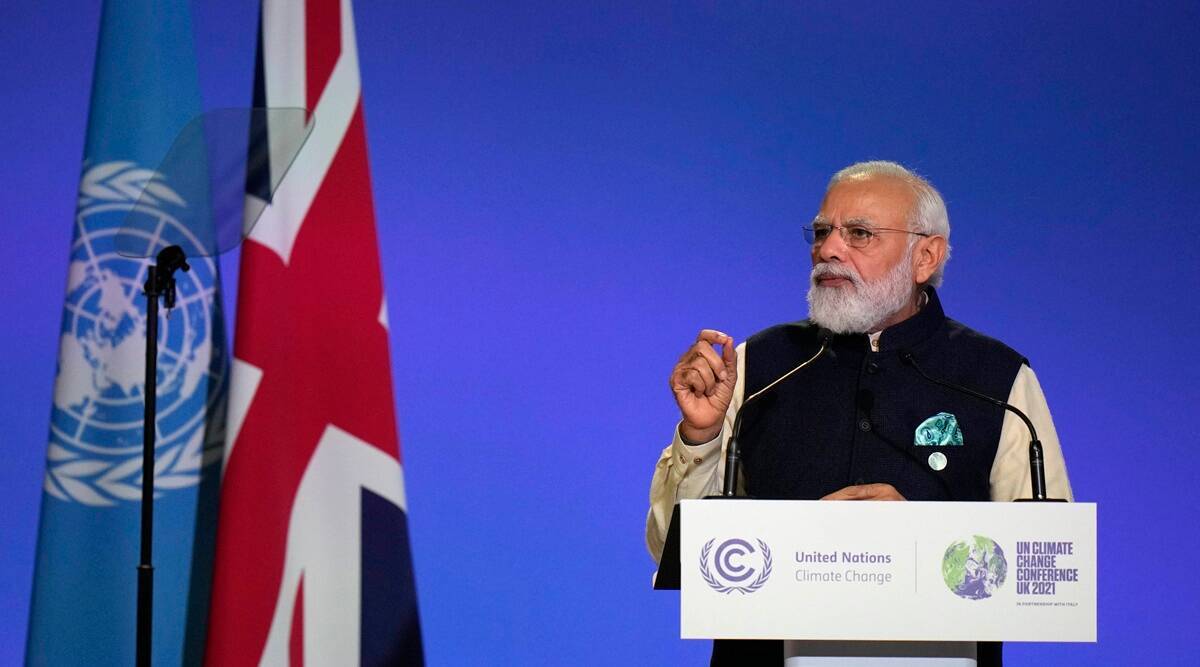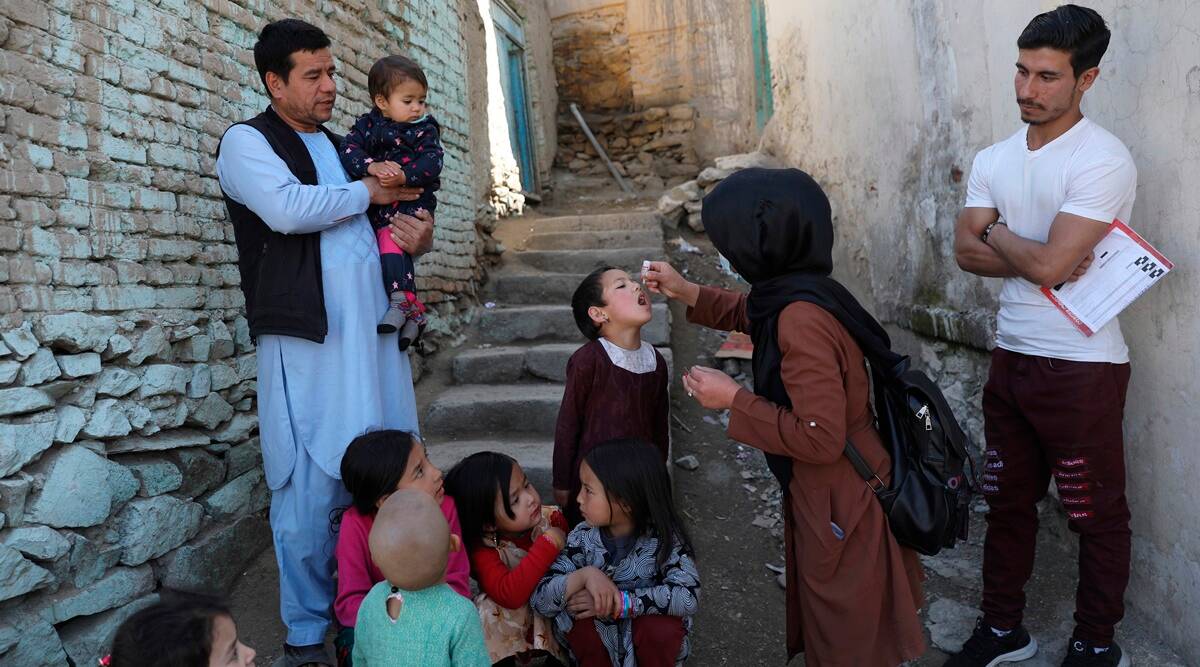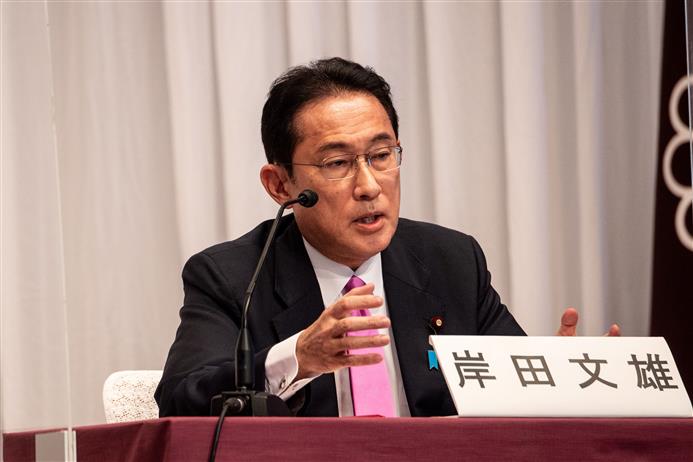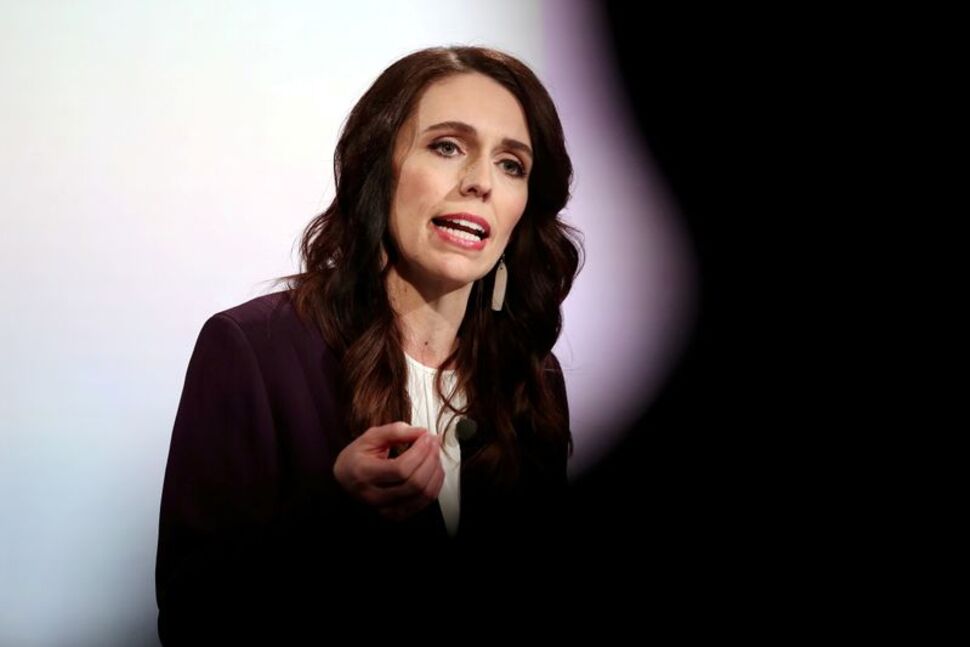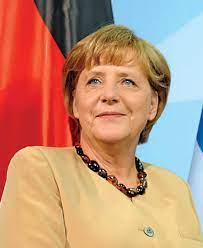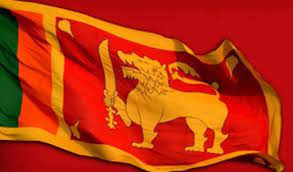
08/28/2023
Colombo, Aug. 28: Sri Lanka’s Welfare Benefits Board will disburse five billion rupees to state-run banks on Monday August 28 which will subsequently be credited to some 800,000 Aswesuma beneficiaries in the coming days, an official said.
State Minister of Finance Shehan Semasinghe told reporters Monday morning that beneficiaries will be able to withdraw their Aswesuma money for July over the next few days.
“Tomorrow we plan to convene the state banks that are part of this exercise and discuss with them possible solutions to any technical issues in crediting these funds,” he said.
Investigations into appeals made by applicants will be sped up, the state minister added.
If there are beneficiaries who have received benefits by giving false information, after verifying, the Welfare Benefits Board will take action to recover the money given and take legal action, said Semasinghe.
The government will ensure that no eligible citizen is left behind, he said.
Over 1,280,000 families who have been receiving the existing Samurdhi welfare benefits have applied for Aswesuma, out of which 887,653 have qualified, according to Semasinghe. Earlier this month, the cabinet of ministers elected to extend the Samurdhi allowance to 393,094 families who are not qualified but receiving Samurdhi until the appeals/objection process is concluded.
There has been criticism that Samurdhi was earlier given to mainly politically connected persons, while many poor people could not get the payments unless they worked on election campaigns.
Sri Lanka started Aswesuma, its new consolidated welfare payments scheme, after a large number of people were tipped into poverty when the rupee collapsed from the most aggressive macro-economic policy (rate cuts and tax cuts) employed by the country’s economic bureaucrats since a money printing central bank was set up.
Social Empowerment State Minister Anupa Pasqual told reporters on July 11 that the government launched the Awesuma programme in response to allegations that the existing welfare scheme system was too politicised, with criticism specifically levelled at the Samurdhi scheme.
Aswesuma was launched by the Welfare Benefits Board following a proposal by President Ranil Wickremesinghe, said Pasquel, adding that the president “intends to create an entrepreneurial state instead of a welfare state.”
Welfare beneficiaries have been organising protests against alleged injustice in the evaluation process of Aswesuma, even as the government and opposition trade charges in what has now become a fresh political controversy following a significant rise in poverty.
Semasinghe has said that the Samurdhi programme can continue its broader mandate of lifting people out of poverty while the new Aswesuma scheme will concern itself with direct cash transfers to deserving people without the involvement of a third party.
He said at an event on August 01 that Sri Lanka’s existing welfare system, which he said had enabled political parties and individuals to add and remove beneficiaries as they saw fit, has now ceased.
He conceded, however, that the new system is not without its issues.
“Because this is a new system that changes the established one, it is not without its shortcomings. We plan to address these shortcomings in the near future and also work to provide more welfare to the most deserving people,” said Semasinghe.
Insisting that Samurdhi benefits are not being slashed, the state minister said paying welfare benefits was only a small part of Samurdhi’s mandate.
“It had a much broader scope. While allowing Samurdhi to continue its mandate to lift people out of poverty, welfare benefits are to be paid by a different institute,” he said.
“The bank accounts of the selected applicants have yet to be opened. That will be done. What is being established here is a system for the funds to go to your account without the involvement of a third party,” he added.-Agencies
